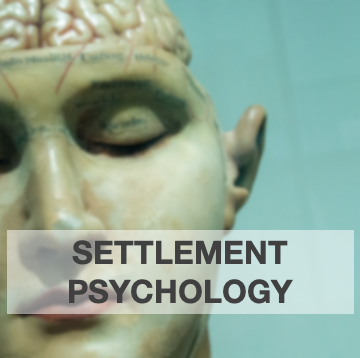Business vs Business disputes, e.g., IP, fraud, contract breaches, antitrust, whistleblowers, M&A, trade secrets, poaching.
J&J Hit with $120 Million Verdict at Mesh Trial
A Philadelphia jury returned a $120 million verdict against Johnson & Johnson after finding that a negligently designed pelvic mesh implant caused chronic pain and suffering, which left plaintiff Susan McFarland incontinent and unable to have sex for the last 10 years. McFarland alleged the implant she received in 2008 caused the product to saw through the soft tissue in her pelvis and become exposed in her vagina. She had to undergo a second surgery to remove a portion of the implant (Susan McFarland,et al. v. Ethicon Inc., et al., No. 130701577, Phila. Comm. Pls. Ct.). This is the second of two trials. The jury in the first trial was deadlocked, unable to agree on the extent of negligence of the design of the Ethicon product. Tracie Palmer, McFarland’s attorney, added in the second trial that the vaginal mesh was on market prior to clinical studies determining its safety and efficacy. Defense attorney Adam Spicer maintained that the chronic pain McFarland experienced could be due to other causes, including her age. He said the product had been used for years prior. McFarland’s case is one of more than 100,000 cases brought together in the MDL, down from nearly 105,000 cases against seven manufacturers. The MDL will be closing and there will be two more waves of trial, with next wave comprising [...]

